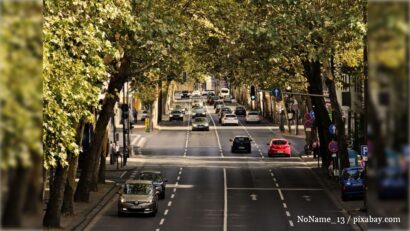The state of prisons in Romania
The authorities are looking for solutions to ease prison overcrowding in Romania.

Roxana Vasile, 23.02.2017, 12:56
Social justice, cutting poverty and
increasing the standard of living also involve fighting corruption, and the guilty
must be held accountable, including by putting them behind bars. As anywhere
else in the world, Romania’s penitentiaries are filled not only with corrupt
politicians or businesspeople, but also regular people. Imprisonment, whose
final aim is the correction and subsequent social reintegration of offenders,
should not be understood as extermination.
However, prisons in Romania are full
of insalubrious spaces. Some prisons have running hot water only once every two
days. There are no drug stores in prisons and the law does not allow prisons to
purchase medicine, so it sometimes takes days before a sick person receives
proper medical assistance. Considering that the legal space of confinement in
Romania is below the EU average, prison overcrowding now stands at nearly 145%.
As much as 8,500 new detention places are needed to correct the situation.
The National Prison Authority has
recently made public is activity review. Its chief, Marius Vulpe, explained
that available funds only allow for a less than 10% increase in the needed
prison capacity across the country. Marius Vulpe:
We have been allotted money to
conduct feasibility studies for two prisons: Caracal and Berceni. Then, we will
create new detention areas at the penitentiaries in Deva, Codlea and Giurgiu,
and we will conduct modernisation works at Deva. Besides, over the coming
years, new detention areas will be created at four locations with financing
provided by Norway Grants. This year we will kick off construction works at the
penitentiaries in Vaslui, Baia Mare, Targu Mures and Codlea.
Apart from upgrading detention
facilities, prisoner rehabilitation also plays an important role in combating
overcrowding. Crime relapse currently stands at 38%. Prisons run reintegration
programmes, but this has to be done at society level. If prisoners don’t get
community support to find a job the moment they walk out of prison, all their
efforts at rehabilitation would have been in vain. That being said, the
Romanian Government has recently submitted to Parliament a bill on collective
pardon seen as a solution to ease prison overcrowding.
Also, Prime Minister Sorin Grindeanu
has announced the Government will call on the European Commission for funds to
renovate prisons and improve inmates’ living standards. Until the situation is
solved, the European Court of Human Rights will continue to fine Romania for
poor detention conditions. Last year total fines stood at 1,6 million euros.






























